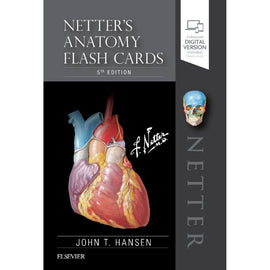ICT: Haemotology, 4ed BY M. Howard, P. Hamilton
2014 BMA Medical Book Awards Highly Commended in Internal Medicine category!
This textbook on haematology in the Illustrated Colour Text series is suitable for medical students, junior doctors and others needing a concise and practical introduction to the subject.
Concise and manageable coverage of the major blood diseases and their treatment.
Does not overload the reader with science, unlike some competing books.
Focus is on the haematology patient and on the practical aspects of the subject.
Makes use of the attractive features of the ICT series - double-page spreads, lots of colour illustrations, summary boxes.
Updating to take account of recently developments in stem cell biology.
Increased emphasis on genomic and proteomic techniques in the diagnosis of haematological malignancy.
Use of new imaging techniques including MRI and PET.
Description of advances in the treatment of leukaemia and lymphoma and in diagnosis and management of patients with thrombophilia and venous thrombosis.
Development of new antimicrobial agents in the management of immunosuppressed patients with infection.
New double-page spread on palliative care of patients with blood disorders.
New illustrations.
| Book Title | ICT: Haemotology, 4ed BY M. Howard, P. Hamilton |
| Type | Textbooks - Medical - Clinical Science Years 4-5 - Haematology |
2014 BMA Medical Book Awards Highly Commended in Internal Medicine category!
This textbook on haematology in the Illustrated Colour Text series is suitable for medical students, junior doctors and others needing a concise and practical introduction to the subject.
Concise and manageable coverage of the major blood diseases and their treatment.
Does not overload the reader with science, unlike some competing books.
Focus is on the haematology patient and on the practical aspects of the subject.
Makes use of the attractive features of the ICT series - double-page spreads, lots of colour illustrations, summary boxes.
Updating to take account of recently developments in stem cell biology.
Increased emphasis on genomic and proteomic techniques in the diagnosis of haematological malignancy.
Use of new imaging techniques including MRI and PET.
Description of advances in the treatment of leukaemia and lymphoma and in diagnosis and management of patients with thrombophilia and venous thrombosis.
Development of new antimicrobial agents in the management of immunosuppressed patients with infection.
New double-page spread on palliative care of patients with blood disorders.
New illustrations.




















